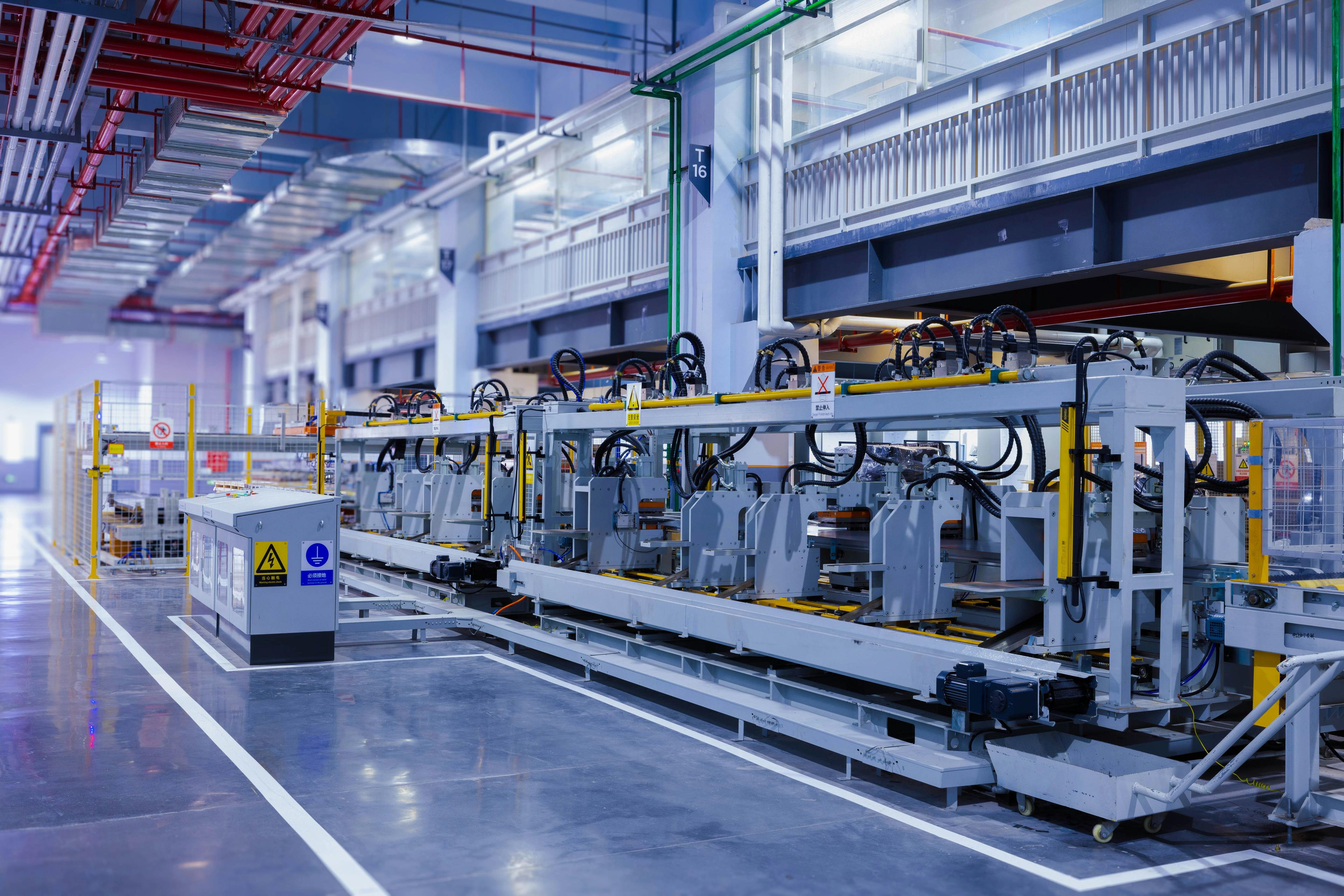Manufacturing Industry
The manufacturing industry supports economic growth by turning raw materials into finished products for various sectors. Today, keeping track of the manufacturing environment is vital to prevent unexpected repairs, costly shutdowns, and spotting defective products that could lead to big losses.

Initial Challenge or Current Challenges
The manufacturing industry faces several challenges with traditional inspection methods that can slow down the productivity of manufacturing products. Manual inspections are time-consuming and create bottlenecks. Scaling the inspection process is difficult, increasing production volume requires more inspectors, driving up labor costs. Most common defects are surface level defects that affect the external appearance and dimensions of products, including size variations and shape deviations that fail to meet specified standards. Surface imperfections like scratches, dents, and blemishes detract from aesthetic appeal, while poor packaging seals can lead to contamination or spoilage, and labeling errors present additional risks. Along with these internal defects encompass issues such as contamination from foreign materials, inclusions of non-metallic substances in metal products, and structural flaws like cracks or voids that undermine material integrity. Misalignment of components, improper fastening, and inconsistencies in production processes contribute to quality variability. Casting products is the most critical step in determining whether the product is acceptable for use or not.

Implementation By xis.ai
xis.ai gives a complete solution to the manufacturing industry using state-of-the-art AI. By detecting surface level defects with computer vision systems that inspect surface defects in real time that can identify issues like scratches or dents and high-resolution cameras allow AI to detect surface imperfections.. These systems can identify even the slightest anomalies in the inspection process. Deep learning algorithms analyze patterns and verify, while X-ray inspection systems detect internal flaws, such as cracks and voids, ensuring product integrity. Optical Character Recognition (OCR) helps verify accurate labeling. xis.ai also gives real-time monitoring for production quality, triggering alerts for detected defects, while reinforcement learning continuously optimizes processes based on defect data. AI systems use Non-Destructive Testing for casting products.
Benefits
xis.ai AI-powered systems offer several benefits that can increase accuracy in defect detection, real-time monitoring for immediate issue resolution, and scalability to handle varying production demands. The automating processes provide data-driven insights for better decision-making and ensure consistent quality control. Furthermore, AI can lead to cost savings by defects and enhancing customer satisfaction through higher product quality.

